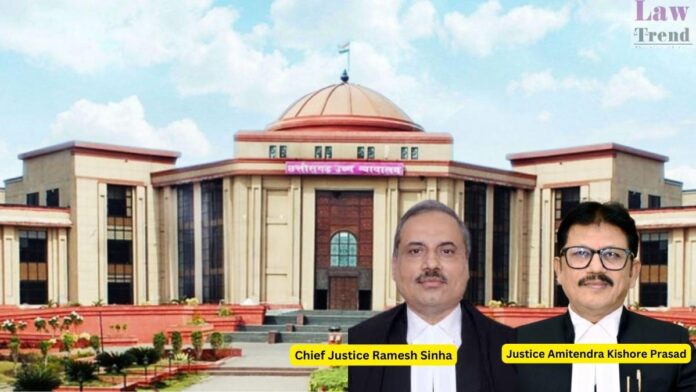In a significant ruling, the Chhattisgarh High Court, on November 18, 2024, overturned the conviction of Ganga Banjare, acquitting her of charges of abduction, attempted murder, and murder due to insufficient evidence. The division bench comprising Chief Justice Ramesh Sinha and Justice Amitendra Kishore Prasad emphasized that “suspicion, however grave, cannot substitute proof beyond reasonable




